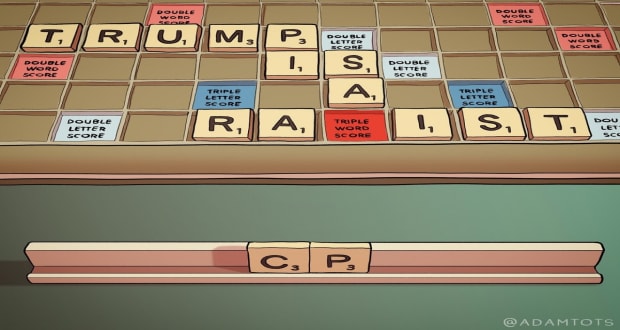While Congress is working on legislation to re-legalise cellphone unlocking, let’s acknowledge the real issue: The copyright laws that made unlocking illegal in the first place. Who owns our stuff? The answer used to be obvious. Now, with electronics integrated into just about everything we buy, the answer has changed.
We live in a digital age, and even the physical goods we buy are complex. Copyright is impacting more people than ever before because the line between hardware and software, physical and digital has blurred.
The issue goes beyond cellphone unlocking, because once we buy an object — any object — we should own it. We should be able to lift the hood, unlock it, modify it, repair it … without asking for permission from the manufacturer.
But we really don’t own our stuff any more (at least not fully); the manufacturers do. Because modifying modern objects requires access to information: code, service manuals, error codes, and diagnostic tools. Modern cars are part horsepower, part high-powered computer. Microwave ovens are a combination of plastic and microcode. Silicon permeates and powers almost everything we own.
This is a property rights issue, and current copyright law gets it backwards, turning regular people — like students, researchers, and small business owners — into criminals. Fortune 500 telecom manufacturer Avaya, for example, is known for suing service companies, accusing them of violating copyright for simply using a password to log in to their phone systems. That’s right: typing in a password is considered reproducing copyrighted material
— via redwolf.newsvine.com















 RSS – Posts
RSS – Posts